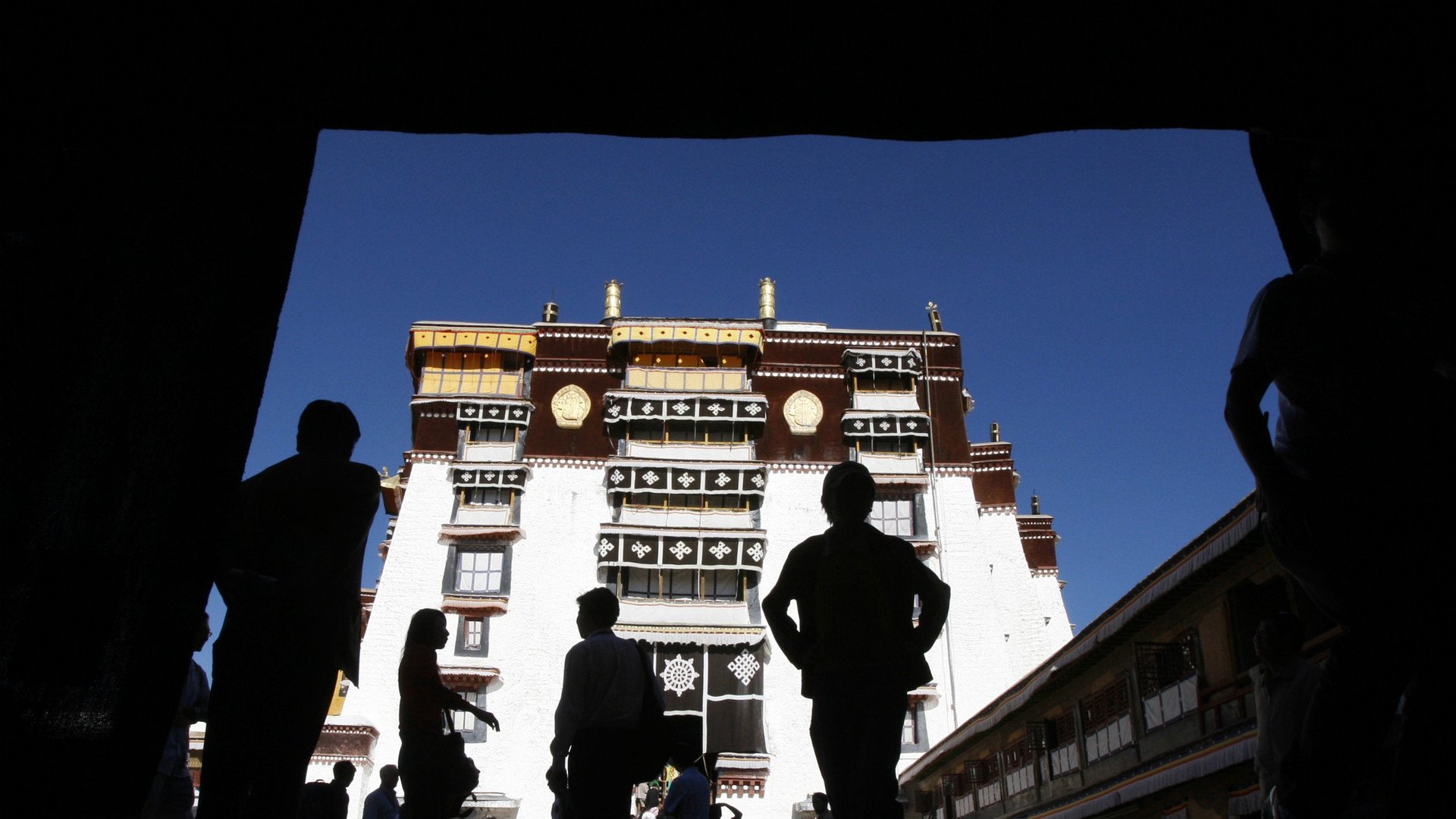After political and religious repression, Tibet faces…an onslaught of private equity bankers?
The government of the Lhoka, or Shannan prefecture, in the Tibetan region of China is rolling out the red carpet for private equity funds, the Financial Times reports. The prefecture is offering tax breaks to funds and partners, as well as sweeteners to tax-shy investors.


The government of the Lhoka, or Shannan prefecture, in the Tibetan region of China is rolling out the red carpet for private equity funds, the Financial Times reports. The prefecture is offering tax breaks to funds and partners, as well as sweeteners to tax-shy investors.
“Many places throughout China, especially big cities like Beijing and Shanghai, have been offering preferential policies to private equity firms. But over the past year, lots more investors have been mentioning Tibet and talking about moving there,” the FT quotes Wang Jinghe, a lawyer with Dacheng law offices in Shanghai, as saying.
Don’t expect a rush of bankers from Greenwich, Connecticut, Shanghai or London’s Berkeley Square just yet, though. First, many of these tax breaks have been around for awhile, part of initiatives offered by the Shannan government in recent years to attract investors to the area that are just beginning to pique the interest of Chinese private equity funds. Foreign private equity groups with renminbi-denominated funds (that’s nearly all of the big players) would technically be welcome, but their non-Chinese partners aren’t likely to get visas from China to travel to Tibet. And, most importantly, even Tibet’s lowered personal tax rate of 20% is well above what private equity partners pay in the US.
The focus on Tibet’s friendliness as a tax haven comes as Beijing has heightened crackdowns on ethnic Tibetans, while trying to solicit more foreign and domestic investment in the region in areas like yak wool and mineral water production.
Last month Chinese police officers opened fire on a group of Tibetans celebrating the Dalai Lama’s birthday in central China, injuring nine and shooting two monks in the head, human rights groups said. In June, singers who recorded songs praising the religious leader were sentenced to two years in prison. Nearly 120 Tibetans have died after self-immolating since 2009.
Since 2006, Beijing has relocated millions of Tibetans from rural areas to planned communities called “New Socialist Villages,” Human Right Watch said in a recent report, disrupting traditional agrarian villages and nomadic lifestyles. In many cases, the relocated farmers and herdsmen are forced to fund their own relocation, and take on bank debt they might not be able to repay, because they no longer have herds or crops, the report found.
Tibet’s official GDP figures posted double digits gains every year since the 1990s, but the investment climate in Tibet has darkened in the past few years, one veteran foreign investor focused on the region said. “Sporadic violence and lockdowns are not conducive for business operations,” he said.
That hasn’t stopped others from jumping in. The Intercontinental Group’s plans to open a luxury hotel in Tibet have sparked protests in London and New York.
Presumably, they’ll get a good tax rate.